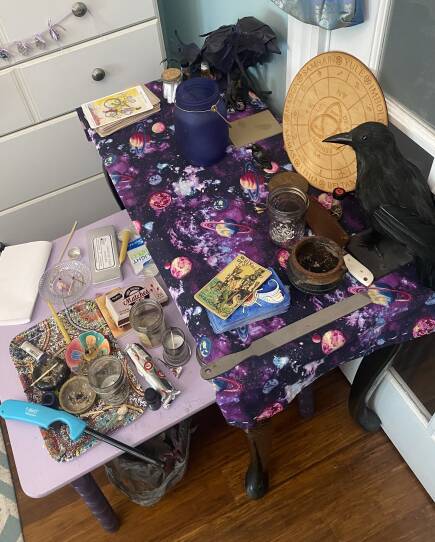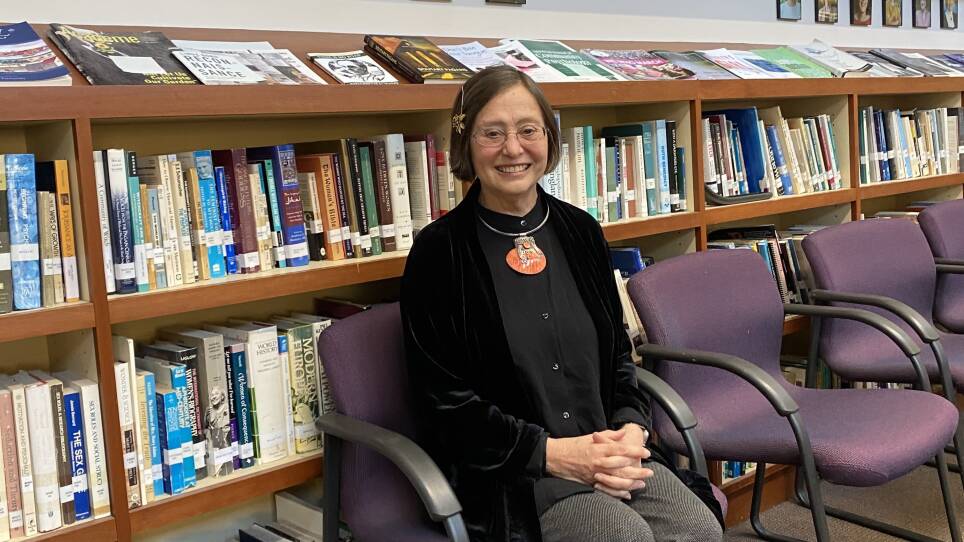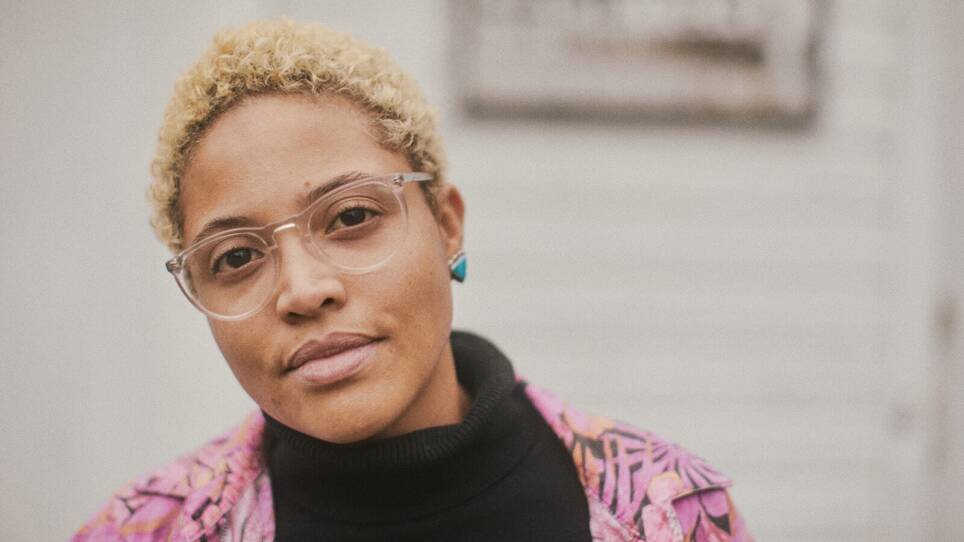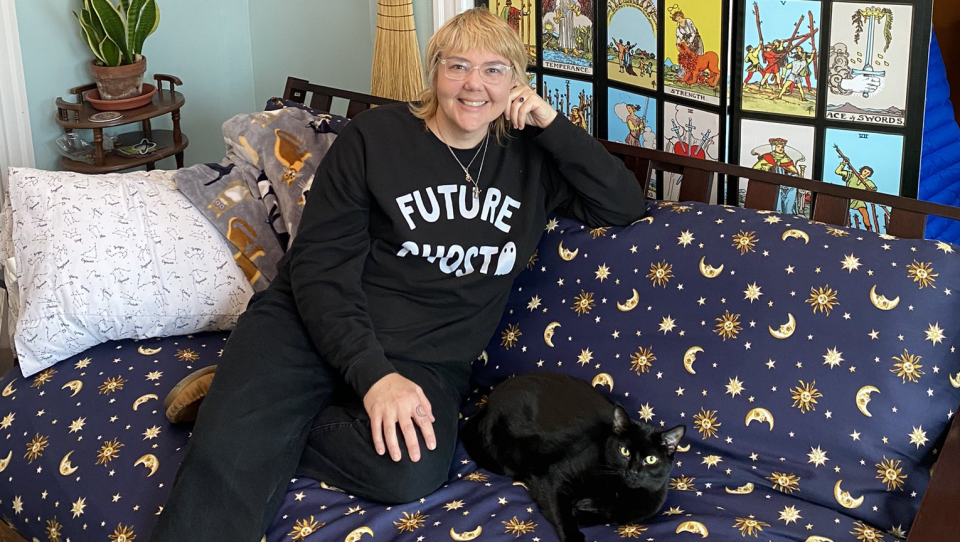Whether you’ve heard someone credit their bad day to astrology — maybe during Mercury retrograde — or seen the emergence of WitchTok, a community of witches on TikTok, the intrigue in alternative spirituality has exploded, especially in the wake of the pandemic and seismic shifts in our nation’s culture.
Interest in all things magical has grown radically over the last decade — the popularity of tarot, astrology and reading tea leaves has surged, especially among Gen Z.
And the world of alternative spirituality has a strong presence in Massachusetts, with hundreds of readers in places like Salem and Boston.
Here in Massachusetts, it’s even led to new legislation — a law was passed in September that requires fortune tellers to have a license to accept money from clients.

“Humans are meaning-making creatures,” said Laura Campagna, a Boston-based astrologer, tarot reader and energy healer who has been running a full-time practice since 2018. “Astrology and tarot can help us to have a perspective where, why things are unfolding, the deeper meaning and the patterns come alive.”
Campagna said she sees about nine people a week for individual sessions, booked out up to two months in advance. She’s also been offering classes through Newton community education, local libraries and her own website.
She said that late October to mid November — astrologically known as Scorpio season — is her busiest time of the year.
“I do private parties, events, weddings, all sorts of things,” Campagna said. “I also work with a local couples therapist, and sometimes couples will want to get readings and then what they learn about each other, they unpack in their sessions.”

Although alternative spirituality is booming right now, its practices have been around for a long time. It’s a history that local sociologist Dr. Helen Berger has been studying for decades.
"Particularly astrology is quite old,” Berger said. “Types of tarot card or card reading or rune stones with symbols on it — thousands of years. And in fact, there has been a history of waxing and waning of interest in this. It's never gone away.”
She credited the recent surge to online platforms like TikTok and Instagram and a declining interest in organized religion.
According to a March 2022 study at the University of Chicago, nearly one in three Americans identifies as being spiritual rather than religious, a shift from 18.5% two decades ago.
“And that's really exciting for somebody like me as a sociologist of religion, is these people are not nonbelievers, they are unaffiliated, which is very different,” Berger said.
The other options can be an outlet to those who may not feel comfortable in traditional religious spaces, including those in the LGBTQ+ community.

Naomi Westwater is a queer singer-songwriter and a self-identified witch, who incorporates spirituality into their music.
“I think being a modern witch can mean anything to anybody,” Westwater said. “For me, it means that I am working with the cycles of the earth, and I'm trying to live a life that is a part of nature, not separate from nature.”
Westwater said that while they’re excited about the newfound popularity of spirituality, it can also come with some ethical questions.
“So I will notice online, a lot of people will, you know, say negative things like ‘if you don't do this, like this bad thing will happen,’” they said. “And I always get annoyed with that because part of the beautiful thing of spirituality is that there aren't those levels of rules and structure, and it's really more about intention and community building.”
The mystical services market, which includes astrology, tarot and palm readings, is estimated to be worth $2.2 billion dollars in the U.S., with an average growth of 0.5% a year since 2017.
It comes as more people turn to alternative spirituality to help them navigate major life decisions — including in their career or love life.
One lingering misconception: That tarot and astrology are about predicting the future, Campagna said.
“The reality is that we all have choices,” she said. “Ideally, readings enable people to make the best and most intelligent and thoughtful kinds of choices and show them where, oh, you might feel stuck here, but actually there's movement or go with what you were planning to do, but maybe even will go with more confidence and that helps them get a better result.”





